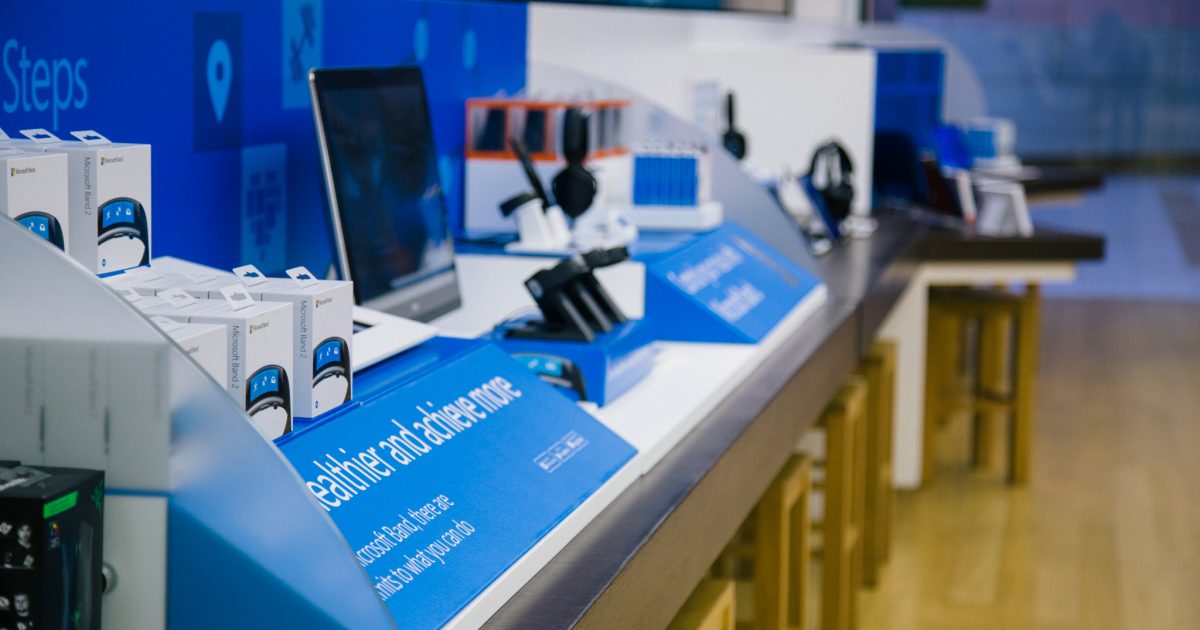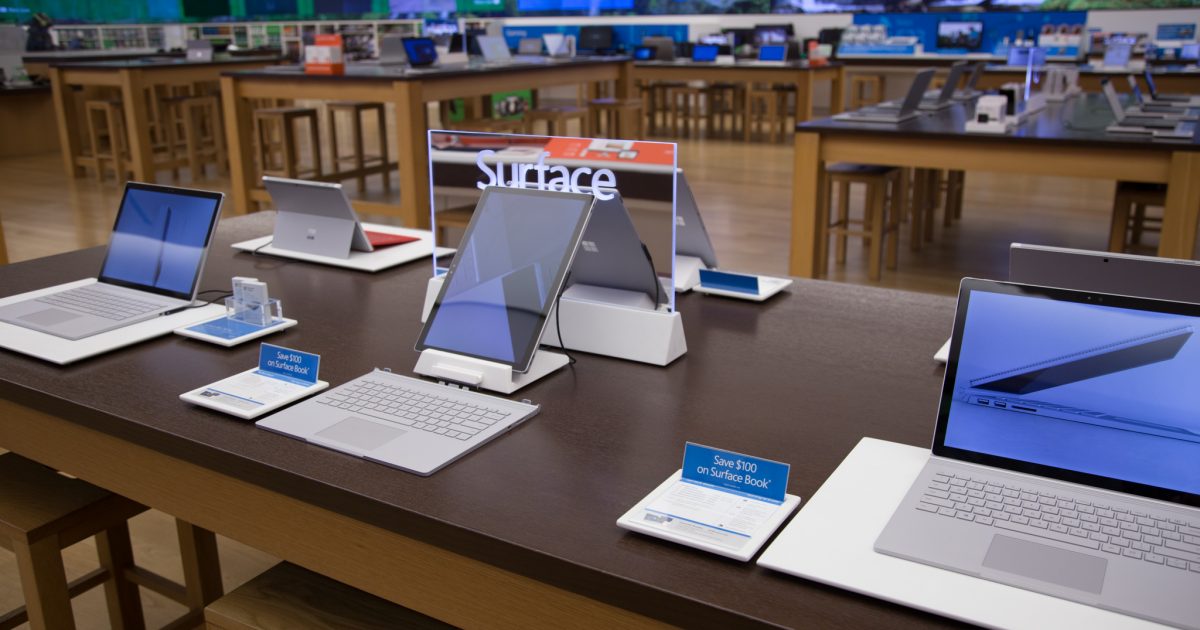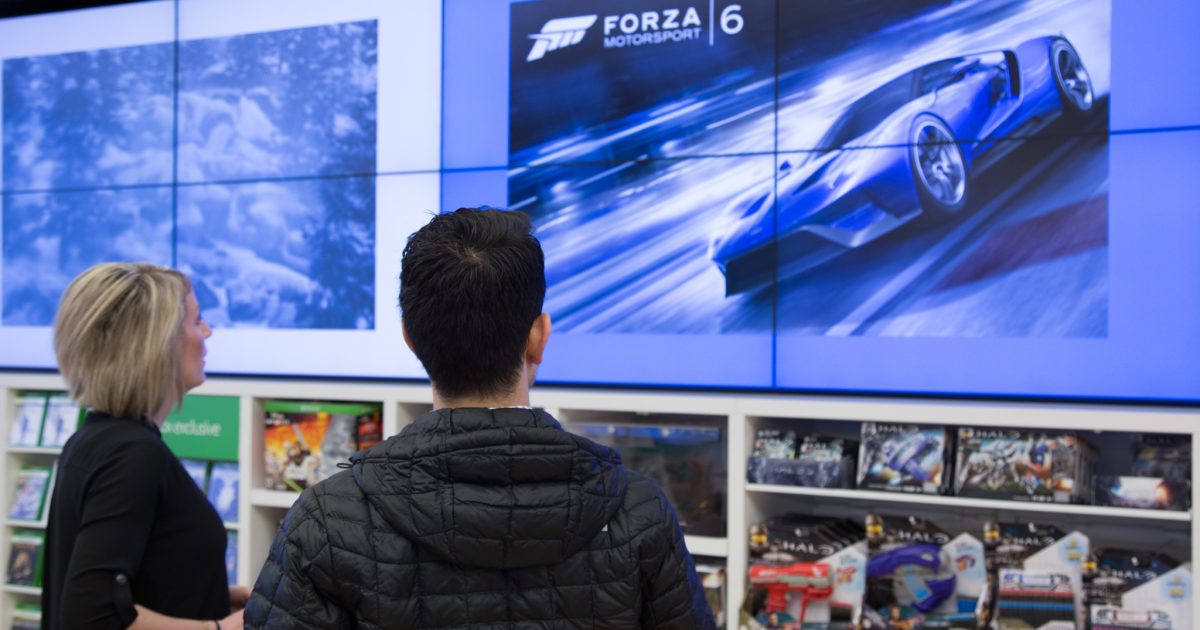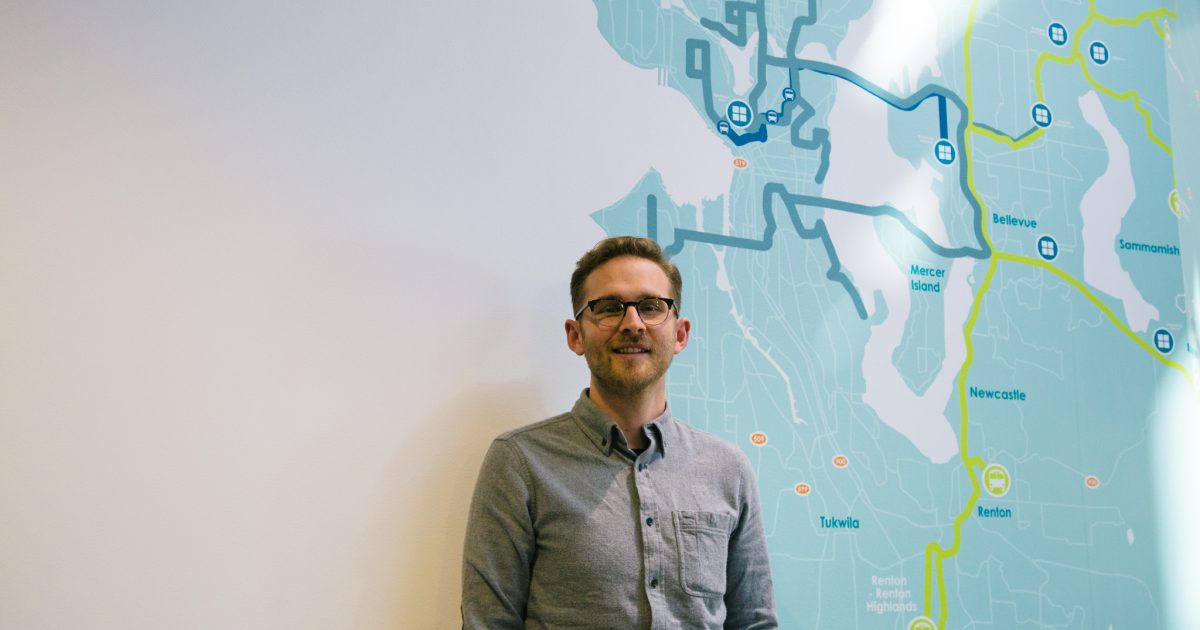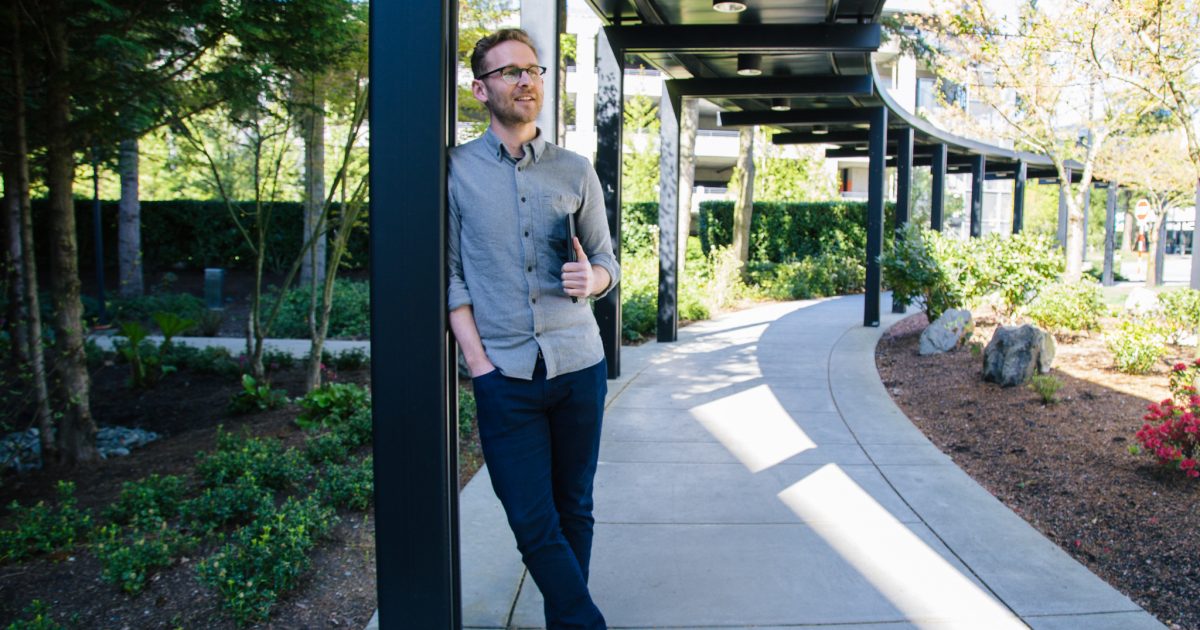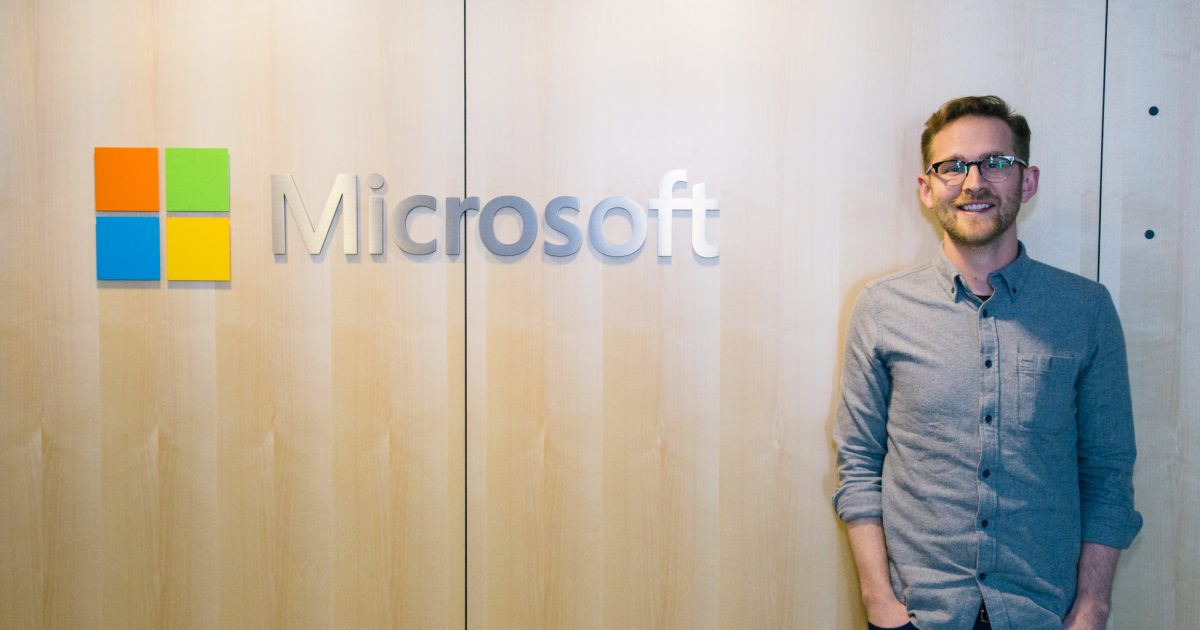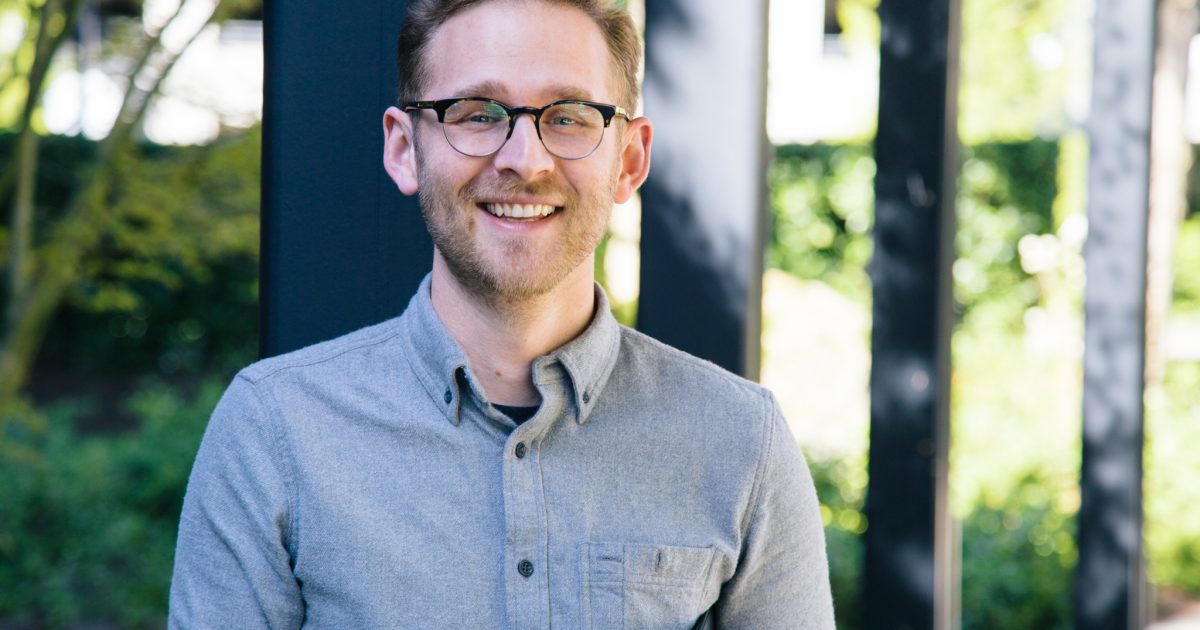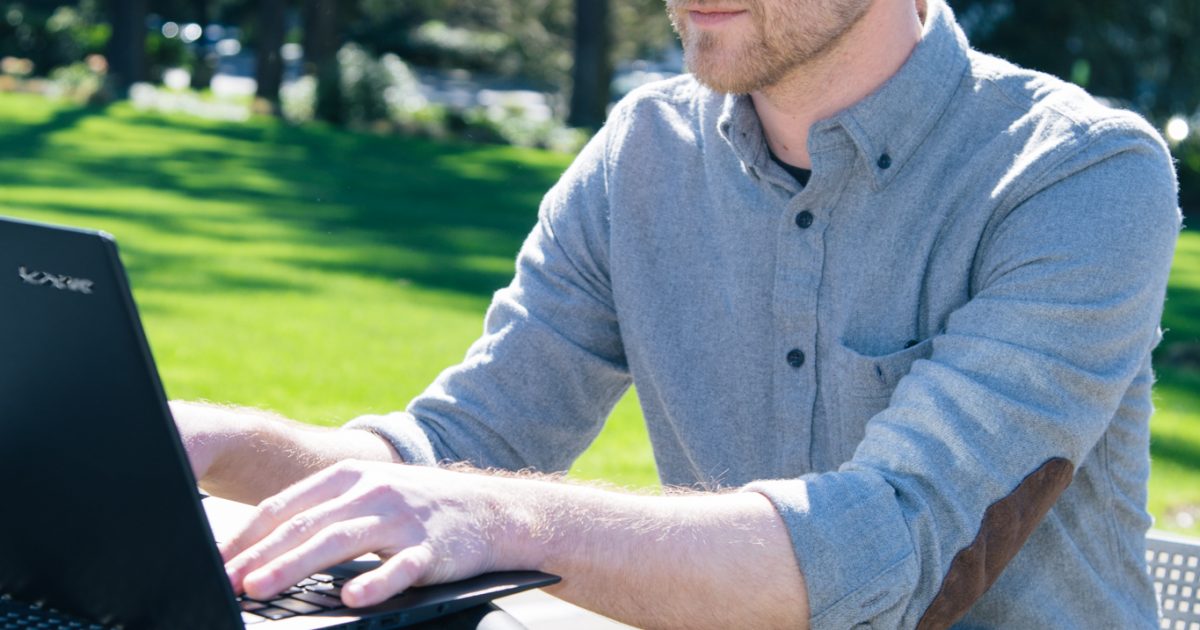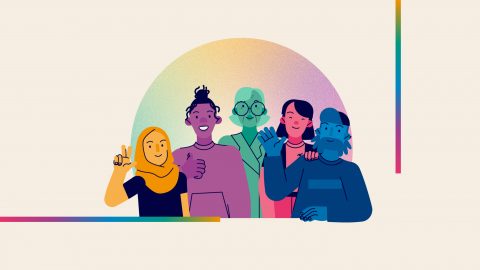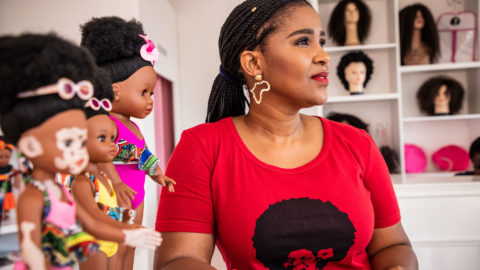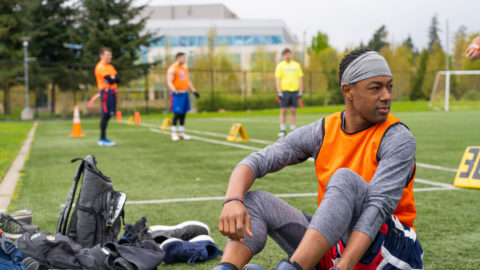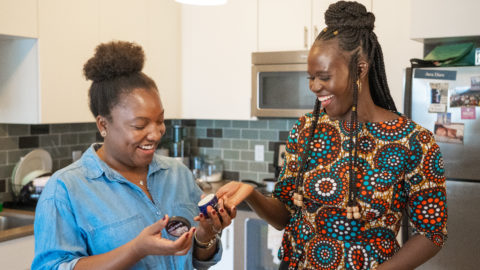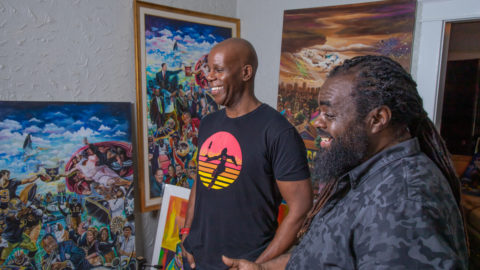How showing people the power of technology can open doors for your career
Microsoft retail stores offer the chance to develop in-demand job skills and truly make a difference
Seeing that spark of excitement in a student who’s just begun learning to code. Showing a new entrepreneur some surprising ways OneNote can help her run her business. Helping a family recover lost photos or choose the perfect laptop for a teen heading off to college.
Jessica Wicklund says being a part of those amazing “aha moments” is just one of the ways working at a Microsoft store is “so much more than an ordinary retail job.”
“Everybody who works in Microsoft Retail, whether it’s as a product advisor or service advisor or learning specialist, what they’re doing on a daily basis is making such a positive impact,” says Wicklund, a store community development specialist who went on to work at Microsoft corporate headquarters. Such roles “truly live the Microsoft mantra of really empowering people to do more.”
Microsoft operates more than 100 retail stores that connect customers with technology to simplify their lives, stay in touch with loved ones and inspire their creative potential. Each state-of-the-art location has world-class customer support and offers classes, workshops and other tools to help individuals, businesses and nonprofits take advantage of the latest devices and services.
-
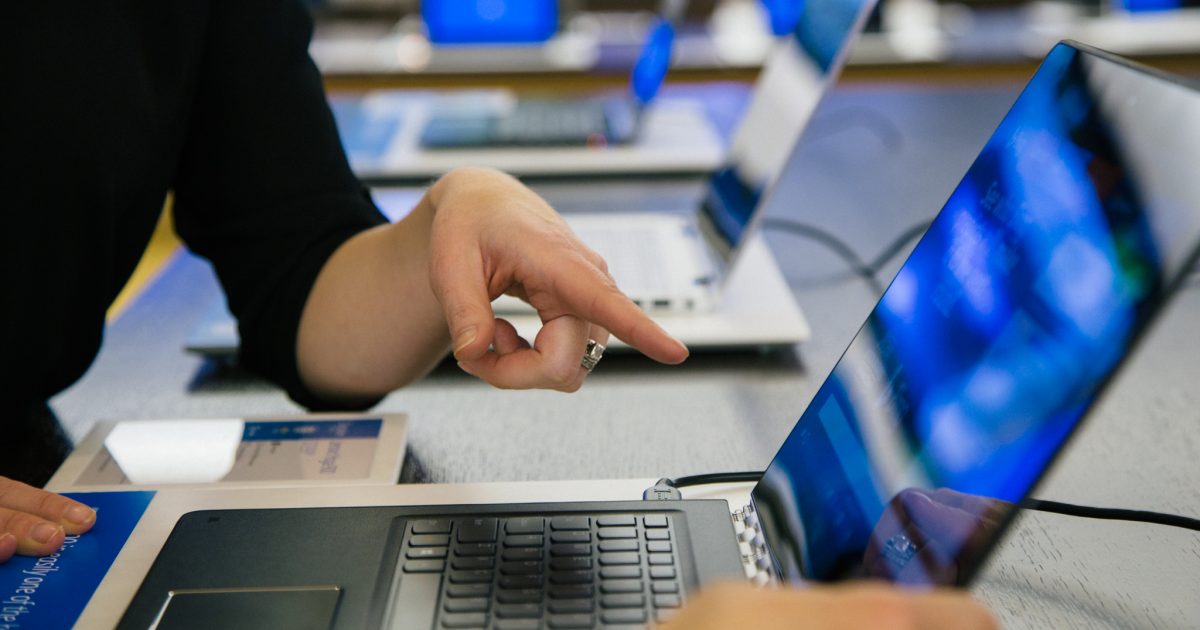
Wicklund says Microsoft stores combine the chance to make a difference with “huge” career potential. Just a few years ago, she was running her own public relations firm but found herself wanting to work for a larger company where she could do bigger things.
A friend worked at Microsoft and “sung its praises,” she recalls, so she did some poking around on the company’s Careers site and came across an opening at the Bellevue, Washington, store. She’d never worked in retail but thought everything about the job — from working with nonprofits to planning product-launch events — was just what she’d been looking for.
“I wanted to work for a company that I felt was making an impact, and I wanted a role that was making a direct difference,” Wicklund says. “It was icing on the cake that the role I found directly works with the communities that Microsoft is a part of.”
Community development specialists are really “the face of each Microsoft store,” she says. She had the chance to work with local community groups, schools, charities and small businesses, which took part in workshops and educational opportunities at the store, and she facilitated volunteer events.
“I left work every day feeling like I had done something positive for the community,” she says.
She also had fun working with members of Microsoft’s corporate marketing team to throw exciting events for the launches of major products like Windows 10 and Surface Pro 3, as well as a number of popular Xbox game releases. Plus, “the energy the store teams have is contagious,” she says.
“My personality lends itself to retail. I love being in front of people,” she says. “I’m an outgoing person, and I love how fast-paced retail is.”
The skills people develop working in Microsoft Retail are vital for all kinds of careers, from moving into store management to a wide variety of roles inside and outside the company, Wicklund says. Many find strong mentors, hone their people skills, master the ability to triage problems and learn all about the Microsoft products and services that organizations use worldwide.
“They all become experts on these tools that are imperative to any business,” Wicklund says. “So not only do you have these amazing customer service skills, you’ve got this arsenal of tech experience.”
Wicklund says someone she worked with on the marketing team became a mentor and recommended her for her current job on Microsoft’s Redmond, Washington, campus. As a marketing events manager since August, she’s worked with community development specialists in Microsoft stores around the world, allowing her to make the impact she was “so passionate about on a community level, but on a broader scope,” she says.
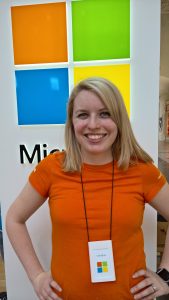
Christina Raetzloff has been a product advisor for the Microsoft specialty store in Lynnwood, Washington, for almost two years. She says she thrives on helping customers discover the exciting capabilities of their new devices and the great things they can do with services they already have.
“I like the human interaction of getting to see them learn something, understand it and have it become something that’s really going to help them out in their daily lives,” she says.
Raetzloff likes her job and colleagues so much that she hopes to move into training or store management in the future — and she’s already gaining management experience now. The store’s assistant manager is currently on maternity leave, and Raetzloff was tapped to take the position for six months.
As a product advisor, she says she’s developed many skills that will likely help her continue to advance, including strong customer-relations experience, “a huge knowledge base on products” and the ability to stay on her toes and be ready to handle whatever comes up.
She’s also proud to work for a company that gives back to the community by matching employees’ charitable contributions, among its many philanthropic efforts, and truly supports its employees as well.
“It’s really great. You get more benefits here than you would in pretty much any other retail company, and even more than some non-retail companies,” Raetzloff says. “And we have an amazing team that’s very warm and welcoming, and wants to see everyone succeed and achieve their own goals.”
Landing a job in a Microsoft store was also a game-changer for Chris Haklitch, who, like Wicklund, now works at Microsoft headquarters in Redmond.
Haklitch used to tinker with his family’s computer when he was a kid, exploring the control panel, changing the settings and figuring out what everything did. Once, he inadvertently did something to “break” it and had to learn how to fix it. Soon, he was learning how to build computers as a hobby.
-
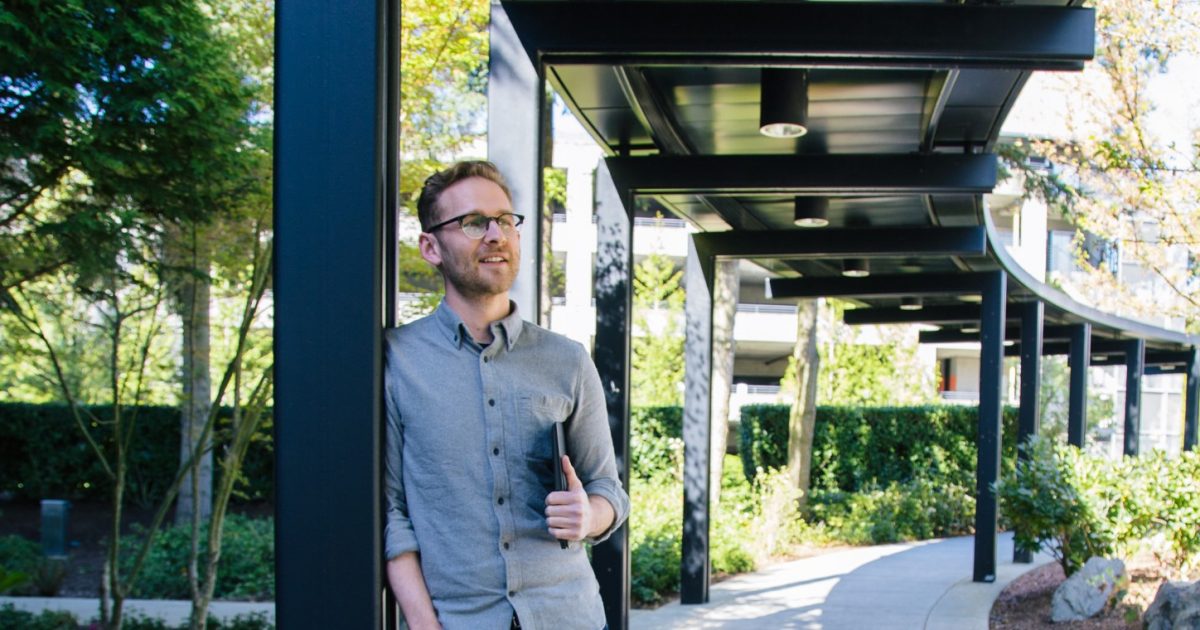
“I figured I’d never get a job at Microsoft because I wasn’t a coder,” he says. “But I know how things work, and I know systems and technologies.”
When Microsoft opened its first Seattle store in 2011, it had an opening for a learning specialist. The position called for someone who would train all of the store’s new associates, making sure they had a deep understanding of each product’s capabilities so they could show customers how to get the most out of them.
Haklitch had a European history degree and zero retail experience, but he had teaching credentials and a passion for computers that made the job a great fit. He was also impressed by the pay and benefits.
He quickly became a part of a close-knit team that was “really dedicated and hugely obsessed with the customer.” He worked to make sure his colleagues knew the ins and outs of the devices they sold, and that they could shine when leading workshops on how to use products and services to their fullest potential.
He remembers one customer who’d retired and was starting his own business, a farm. He had limited tech skills – and certainly no IT department – so he came in about once a week for assistance. Haklitch helped him set up his operations on Office 365, get a domain email address and even create a website.
Haklitch says he still peeks at the man’s website every now and then, remembering “the satisfaction of knowing that someone could enhance or expand their business and their productivity from the guidance I was giving.”
“And that’s not really exceptional; those are the kind of relationships that customers and store associates have,” he says. “It’s really gratifying.”
In early 2014, Haklitch was asked if he wanted to help out with a project to replace the system that handles inventory management, service-appointment scheduling and other operations for all Microsoft stores. He jumped at the chance.
The project eventually led to an offer for the permanent position he now has in Redmond.
Now, as a business program manager for Retail Stores IT, he continuously works to improve the stores’ systems, fielding store leaders’ requests for new capabilities, coming up with the requirements for the engineering team and managing those projects.
In his five years with Microsoft, he says the best part has been “the ability to work with brilliant people who challenge everyone around them to do better.”
He’s also developed expertise and gained valuable experience he doesn’t think he could have gotten anywhere else.
“In Microsoft Retail, you learn customer service, people management and the technology side of things — how a computer works, how to fix things, how to troubleshoot and how to talk about computers in a way that anyone can understand,” he says. “You can take those skills and do almost anything.”



